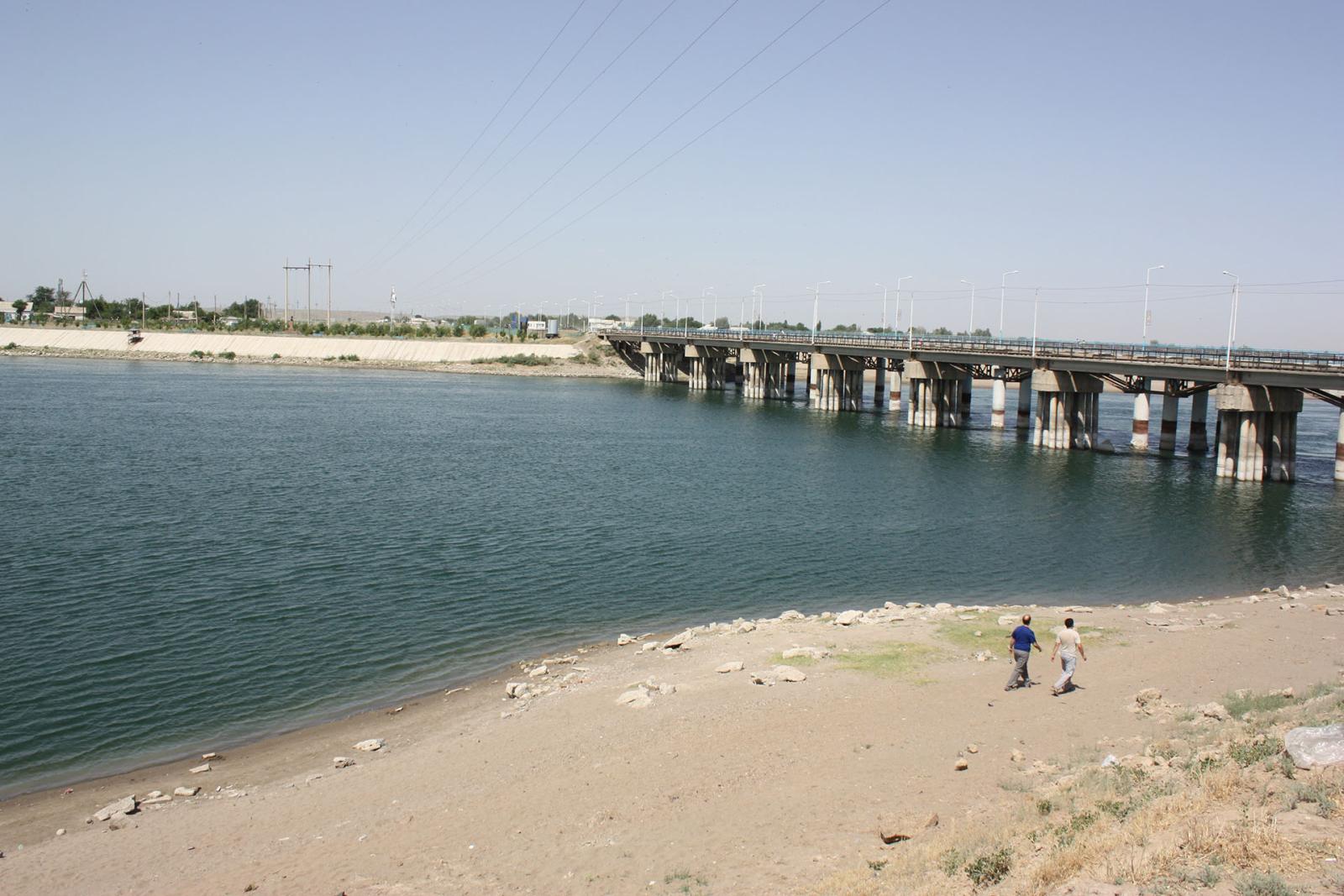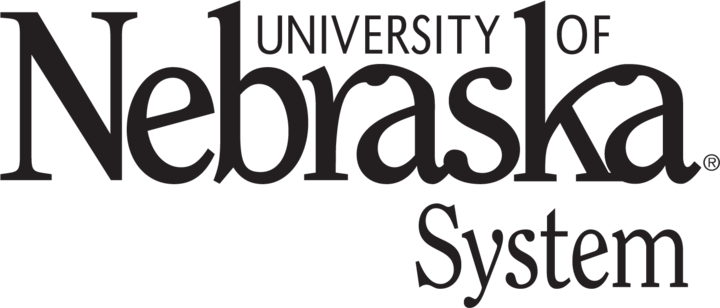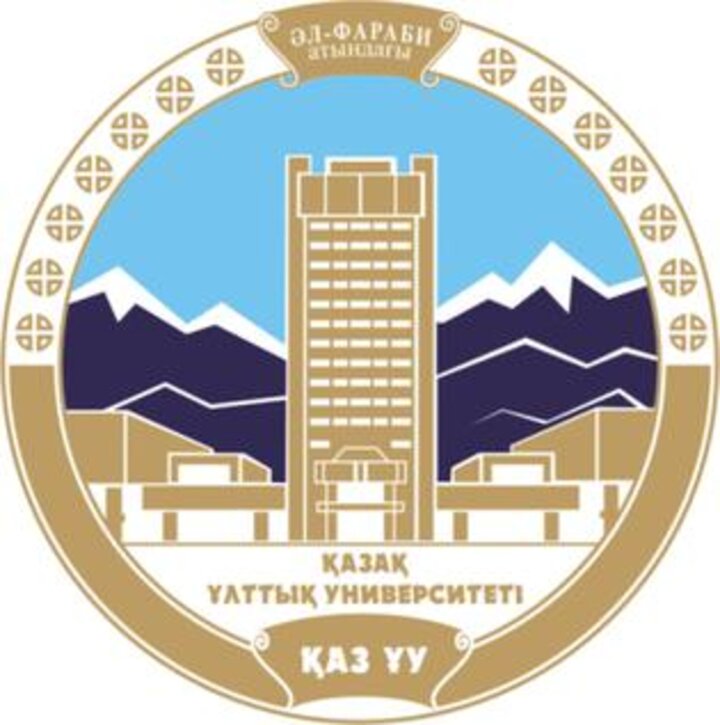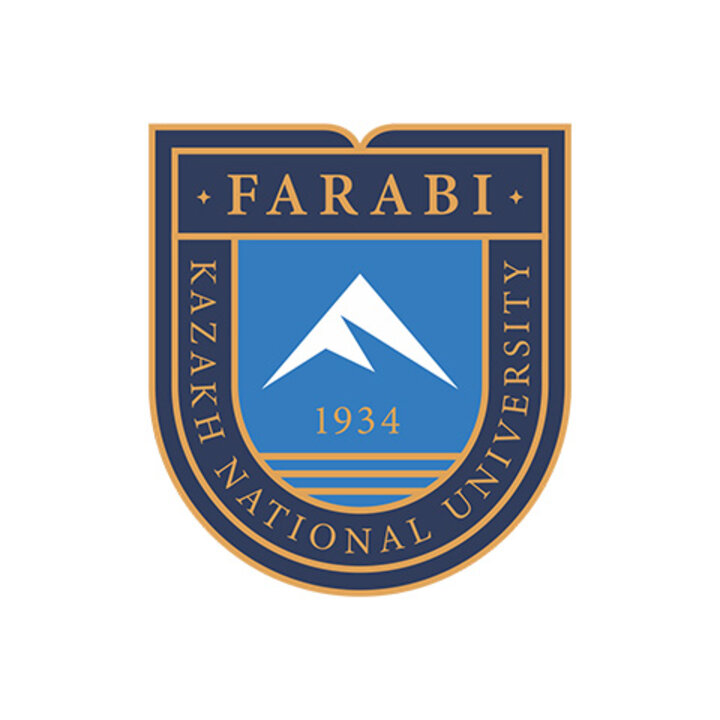University of Nebraska system collaborates with Central Asian institutes to improve water quality research
Since 2013, faculty and researchers from the University of Nebraska system have collaborated with faculty and students in Central Asian institutes to improve water quality research across the globe. In the past ten years 10 grants have been awarded, 6 trainings have been held, 5 journal articles have been published, and 6 presentations held at national conferences highlighting this work. The purpose of this effort is to share the University of Nebraska’s knowledge and expertise in water quality research with a region that has limited resources and important water quality issues to address.
Why collaborate with Central Asia on water quality research?
Central Asian countries face similar water resources issues as the northern Great Plains, including Nebraska. There are many similarities between Nebraska and parts of Central Asia such as Kazakhstan. Both landlocked regions have a history of intensive agricultural production and face similar challenges in water supply, drought, and contamination. Both regions face enormous and complex water quality issues arising from numerous, virtually invisible non-point-sources that enter the waterways across wide geographies that can dramatically vary over time. Furthermore, in both landscapes, people and agriculture depend on highly stressed surface waters despite uncertain futures for those resources.
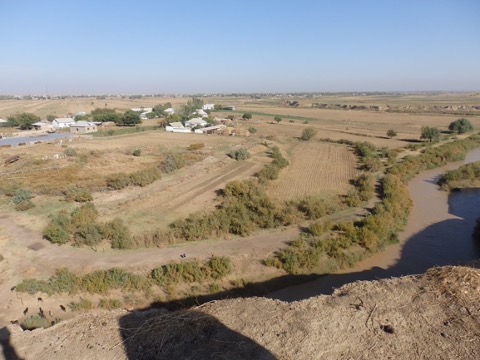
As the economy improves in Kazakhstan and surrounding countries, investments are being made to build capacity in not only agricultural production, but also science and engineering research. Water research is high on that list of priorities, given uneven distribution of water resources, a history of contamination from nuclear testing and agriculture, and complications from transboundary water use.
While developed countries such as the U.S. have been grappling with this problem for years, it is even more difficult to deal with in developing countries such as Kazakhstan where contamination is historically more pronounced and the resources to deal with it limited.
Despite these daunting limitations, the future for environmental stewardship in Kazakhstan seems bright, as the country and the University appear to be thematically investing in education and the scientific infrastructure such stewardship entails.
How the University of Nebraska can help
The University of Nebraska system is well poised to train Central Asian researchers to tackle these water quality issues. The Water Sciences Lab, part of the Nebraska Water Center and the Daugherty Water for Food Institute, has been leading the way in cutting-edge research methodology for a variety of water quality concerns. Specific methodologies of interest to collaborations with Central Asian institutes include neonicotinoid pesticides, uranium contamination, pharmaceuticals in municipal wastewater, and wastewater treatment technologies for developing countries.
Contact information
Dr. Daniel Snow, Research Professor and Director of Services, Water Sciences Laboratory
202 Water Sciences Laboratory
1840 N. 37th Street
Lincoln NE 68583-0844
402-472-7539
